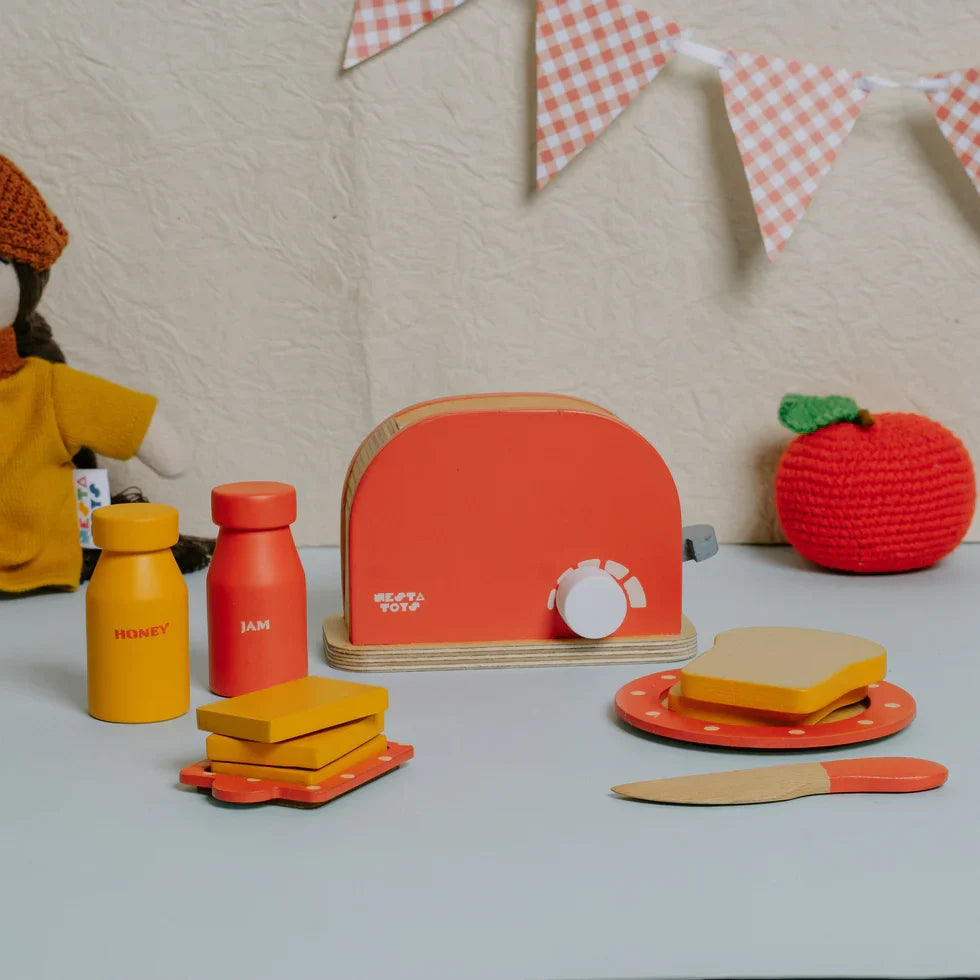As we look ahead to the future of education, early childhood education stands at the forefront of innovation. Here, we delve into some emerging trends and approaches that are shaping the landscape of early learning:
1. STEAM Education: STEAM (Science, Technology, Engineering, Arts, and Math) programs are gaining momentum in early childhood education. These programs integrate hands-on, inquiry-based learning experiences that encourage children to explore, experiment, and develop critical thinking skills while having fun.
2. Outdoor Education: Nature-based and outdoor education programs are on the rise. These initiatives take learning beyond the classroom and into natural settings, promoting environmental awareness, physical activity, and a deep connection with the natural world.
3. Play-Based Learning: Play-based learning remains a cornerstone of early childhood education. It fosters creativity, problem-solving, and social skills through activities that are enjoyable and engaging for young learners.
4. Technology Integration: With the increasing prevalence of technology in our lives, early childhood education is incorporating technology in a balanced way. Interactive educational apps and tools are used to enhance learning experiences while maintaining a focus on hands-on activities and social interaction.
5. Social-Emotional Learning (SEL): Recognizing the importance of emotional intelligence, SEL programs are becoming more prevalent. These programs teach children how to recognize and manage their emotions, empathize with others, and build healthy relationships.
6. Multilingual Education: Bilingual and multilingual education is gaining recognition for its cognitive and cultural benefits. Many early learning programs are incorporating language immersion and multicultural experiences into their curriculum.
7. Project-Based Learning: Project-based learning empowers children to investigate real-world problems and develop solutions collaboratively. This approach encourages critical thinking, teamwork, and creativity.
8. Inclusivity and Diversity: Early education is increasingly emphasizing inclusivity and diversity. Schools are creating environments that celebrate differences, promote equity, and teach children about various cultures and perspectives.
9. Parent-Teacher Collaboration: The partnership between parents and teachers is becoming more central to early education. Collaboration between educators and families helps create a holistic learning experience that supports a child's development both at school and at home.
10. Personalized Learning: Individualized and personalized learning experiences are becoming more accessible through technology. Adaptive learning platforms and data-driven approaches help tailor education to each child's needs and interests.
11. Mindfulness and Well-Being: Recognizing the importance of mental health and well-being, schools are incorporating mindfulness practices and well-being programs to help children manage stress and develop resilience.
As we embrace these innovative approaches, the future of early childhood education holds immense promise. These trends reflect a commitment to nurturing well-rounded, resilient, and creative learners who are prepared to thrive in an ever-evolving world.









